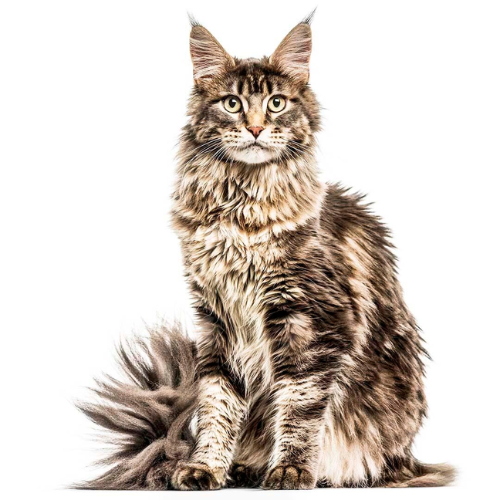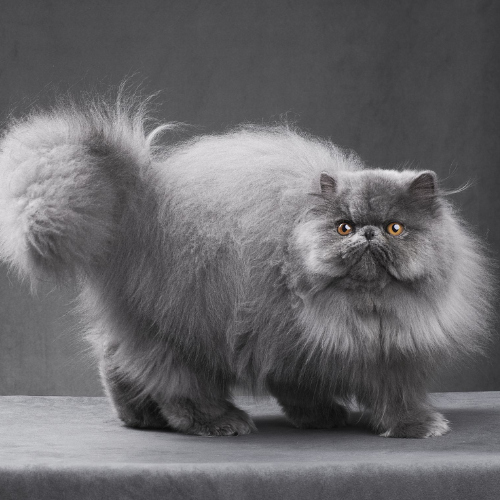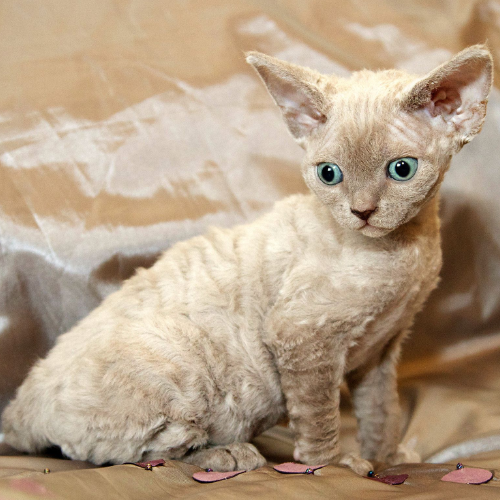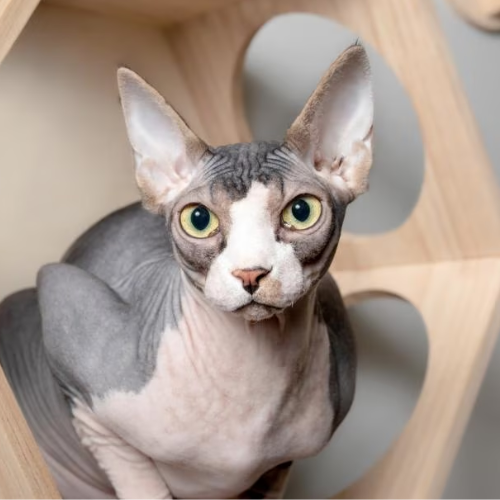
Who We Are
We Love Your Cat, Just as You Do!
Are you a proud cat owner or about to become one? Cat All is your ultimate destination for all things feline. With us, your whiskered companions will have everything they need for a purr-fect life.
Cat Breeds
Click on the cat image to learn about each cat.
Review Us


Recent Post
Popular Posts
Choose How You Want Us to Care for Your Cat!
"Unlock the secrets to purr-fect cat care! From nutrition tips to grooming hacks, our guide will help you create a happy and healthy haven for your feline friend. 🐾❤️
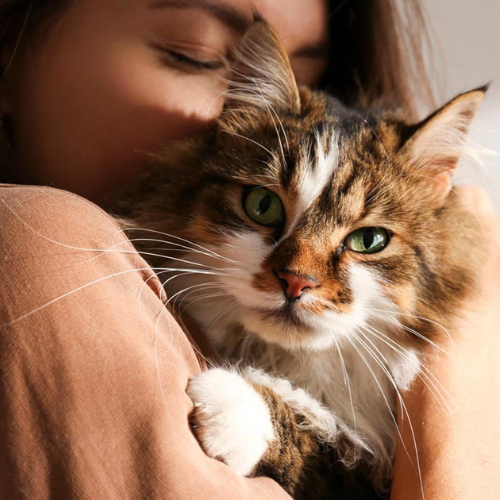




CAT STORE
Amazon Cat All Products Get the best reviews and discounts on all products from us:
Food
Gift Grooming
Health Supplies
Toys & Beds
Treats & Litter
faq
Tell us all the quotes about cats on your mind and we will answer.
Answer: The average lifespan of a house cat is between 12 to 15 years, but it’s not uncommon for cats to live into their 20s with good care. Genetics, diet, environment, and regular healthcare can all affect a cat’s lifespan.
Answer: Cats are obligate carnivores, meaning they require meat. They typically eat commercial cat food that is either dry (kibble) or wet (canned), but they also benefit from a balanced diet that sometimes includes fresh, cooked meats. Always consult with a vet to meet the specific dietary requirements of your cat.
Answer: Cats communicate through a combination of body language and vocalization. They use their tail, ears, and whiskers to express emotions and intentions. Cats may meow, purr, hiss, or growl to convey messages to humans and other animals.
Answer: Cats need an annual wellness checkup. Vaccinations are usually given during the first year, followed by boosters every 1-3 years, depending on the vaccine. Discuss the best healthcare schedule for your cat with your vet.
Answer: Most cats instinctively use a litter box. Provide a clean, easily accessible litter box and show your kitten where it is. If issues arise, consider the box location, type of litter, and privacy. Consistency and a clean environment will encourage proper litter habits.
Answer: Yes, cats can be trained! They respond best to positive reinforcement like treats or praise. You can teach them basic commands such as ‘come’ or ‘sit’ and even fun tricks like giving high-fives.
Answer: Generally, cats are spotless animals and often groom themselves. However, regular brushing can help reduce shedding and prevent hairballs. Cats rarely need baths, but those with long hair or specific skin conditions might require more frequent grooming sessions. Discuss grooming needs with your vet.
Answer: Cats are not genuinely nocturnal but crepuscular, which means they are most active during dawn and dusk. This behavior stems from their hunting instincts. However, domestic cats may adjust their schedule to match their human companions.
Answer: Cats scratch to mark their territory, stretch their muscles, and maintain their claw health. To prevent damage to furniture, provide cat trees, scratching posts, or pads, and encourage their use.
Answer: Yes, indoor cats can live healthy and happy lives. Keeping cats indoors protects them from outside dangers such as traffic and disease. Just be sure to provide adequate stimulation through toys, playtime, and vertical space for climbing to ensure they stay physically and mentally active.


